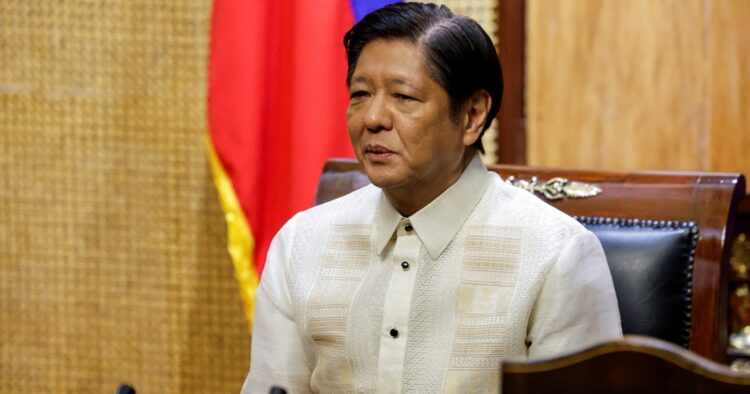Philippines President Ferdinand Marcos Jr expressed concern over China’s new rules, which could lead to the detention of foreigners in the South China Sea. The rules, effective June 15, allow China’s coast guard to detain foreigners suspected of trespassing, escalating tensions in the region.
President Marcos called the move “worrisome” and an escalation of the situation during a state visit to Brunei.
Marcos emphasized the Philippines’ determination to protect its citizens and ensure Filipino fishermen can freely operate in the South China Sea. He stated that the nation would use all available means to halt aggressive actions by China, seeking to maintain peace in the region. However, he also signaled openness to dialogue if China refrains from aggressive maneuvers.
China’s Ministry of Foreign Affairs defended the new rules, asserting that they aim to standardize law enforcement and uphold maritime order. A spokesperson emphasized that as long as there is no illegal behavior, there is no need for concern.
However, the spokesperson blamed the Philippines for provoking escalations in the South China Sea, reiterating China’s claims over the disputed waters.
President Marcos has taken a firmer stance against China’s actions in the South China Sea compared to his predecessor. Bolstered by support from defense allies like the United States, Japan, and Australia, Marcos aims to counter Chinese assertiveness in the region.
The Philippines’ alliance with these countries provides additional leverage in navigating the complex geopolitical landscape.
ALSO READ: “China-Japan Relations: Ruling Party Talks Set to Resume After Six-Year Break”
The South China Sea is a critical waterway for global trade, with more than $3 trillion in annual ship-borne trade passing through its waters. China’s expansive claims in the region have been challenged by neighboring countries and an international arbitral tribunal.
Despite a 2016 ruling that declared China’s claims invalid under international law, Beijing maintains its sovereignty assertions based on historical records and maps.
The ongoing tensions in the South China Sea highlight the complex geopolitical dynamics at play in the region. With competing territorial claims and strategic interests at stake, finding a peaceful resolution remains a challenge.
President Marcos’ condemnation of China’s new coast guard rules underscores the Philippines’ commitment to safeguarding its sovereignty and promoting stability in the region.

















Comments